Los Angeles County corruption doesn’t evolve, it metastasizes.
The faces change, the scandals get rebranded, but the playbook stays the same: developers bankroll politicians, politicians greenlight billion-dollar boondoggles, and the public gets left holding the bill. At the top of that pyramid sits Majestic Realty, the real estate behemoth whose cash trail winds through every corner of L.A. politics, from the sprawling Tejon Ranch development to the bribery schemes of disgraced Assessor John Noguez.
The so-called “Centennial Project,” a 19,333-home sprawl in wildfire country that environmentalists begged the County to stop, is more than a land grab, it’s a master class in how campaign money buys policy, silence, and immunity. What looks like zoning and progress on paper is actually a blueprint for corruption, one that’s been running on autopilot for decades while voters are distracted by recycled promises of “reform.”
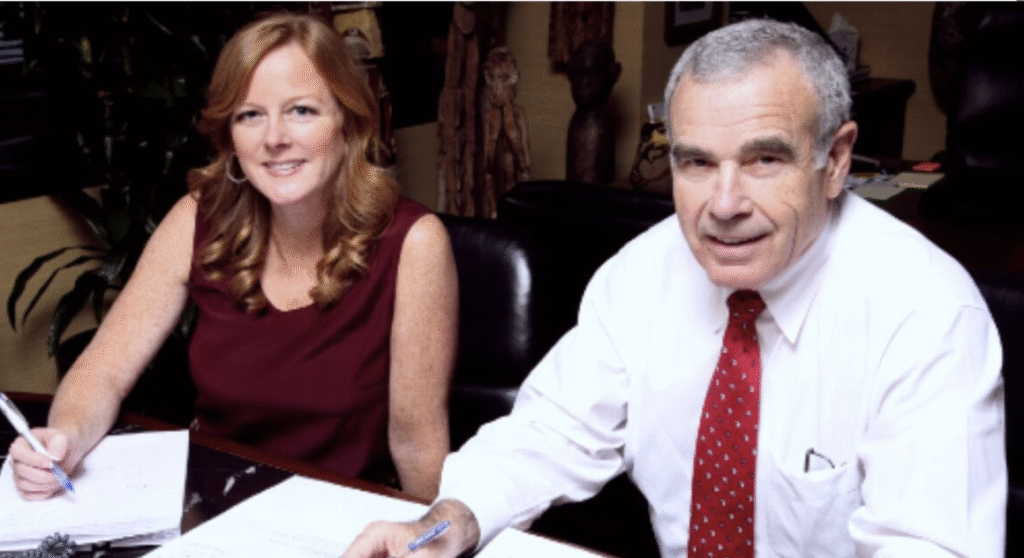
The 2019 approval of Tejon’s Centennial project should’ve been a wake-up call. Instead, it was business as usual. Four Supervisors, Janice Hahn, Hilda Solis, Mark Ridley-Thomas, and Kathryn Barger, voted yes, while Sheila Kuehl played the role of “principled dissenter.” But now, newly surfaced campaign filings from the Registrar-Recorder’s office confirm what insiders already knew: Majestic Realty’s fingerprints are all over that decision. Between 2007 and 2021, Majestic poured more than $152,000 into Supervisor campaigns, an “investment” spread carefully across both parties and every district. Hahn banked over $80,000, including a $50,000 blast in 2017 and a $1,500 donation just weeks before the Tejon vote, a violation of the Levine Act’s $250 recusal limit. Solis took more than $6,000, Barger $3,000, and Ridley-Thomas collected over $10,000 before heading to prison. Only Kuehl took nothing, but her “purity” was more performance than principle.
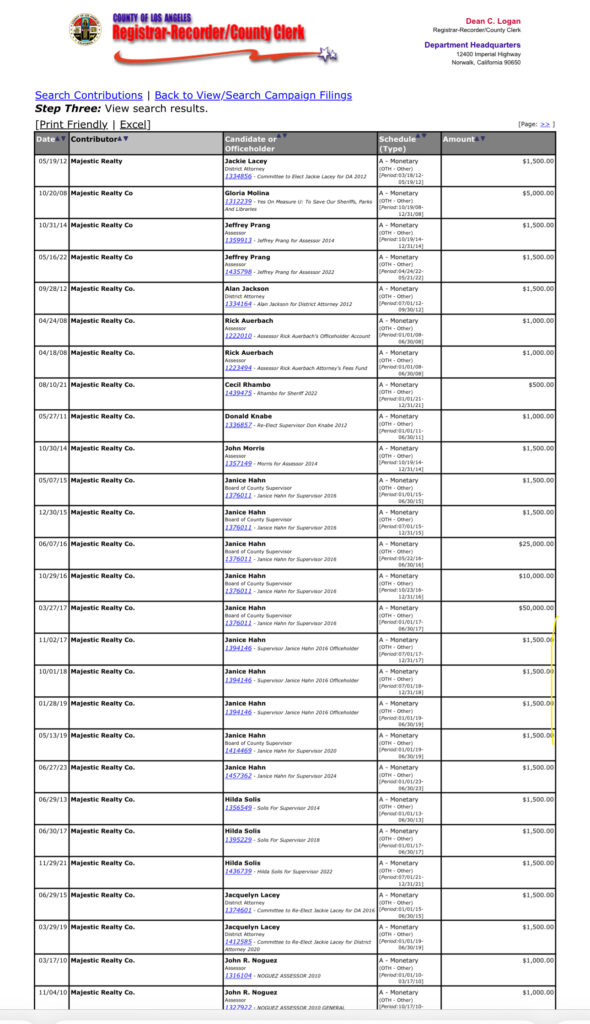
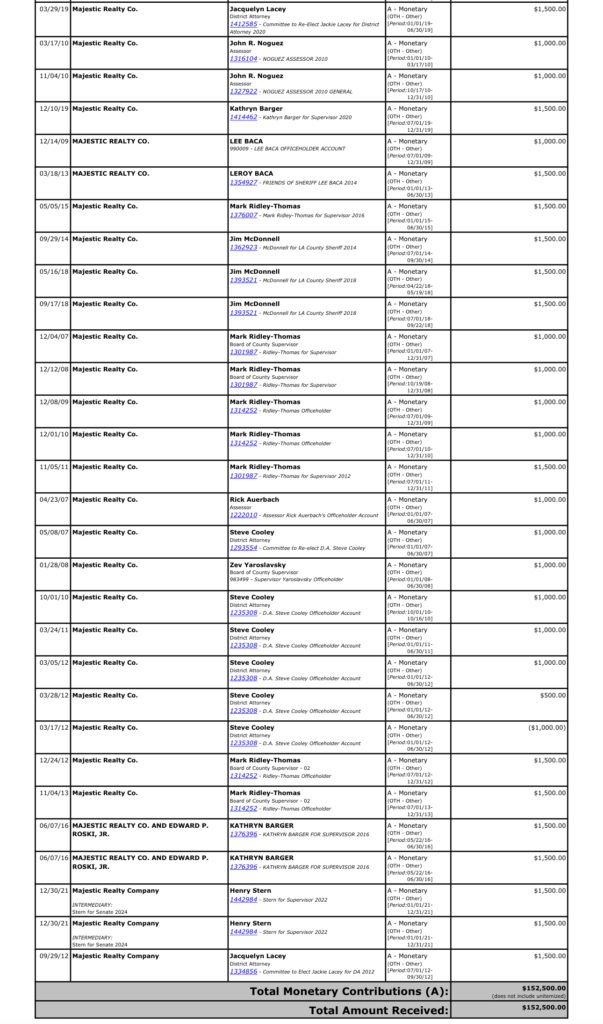
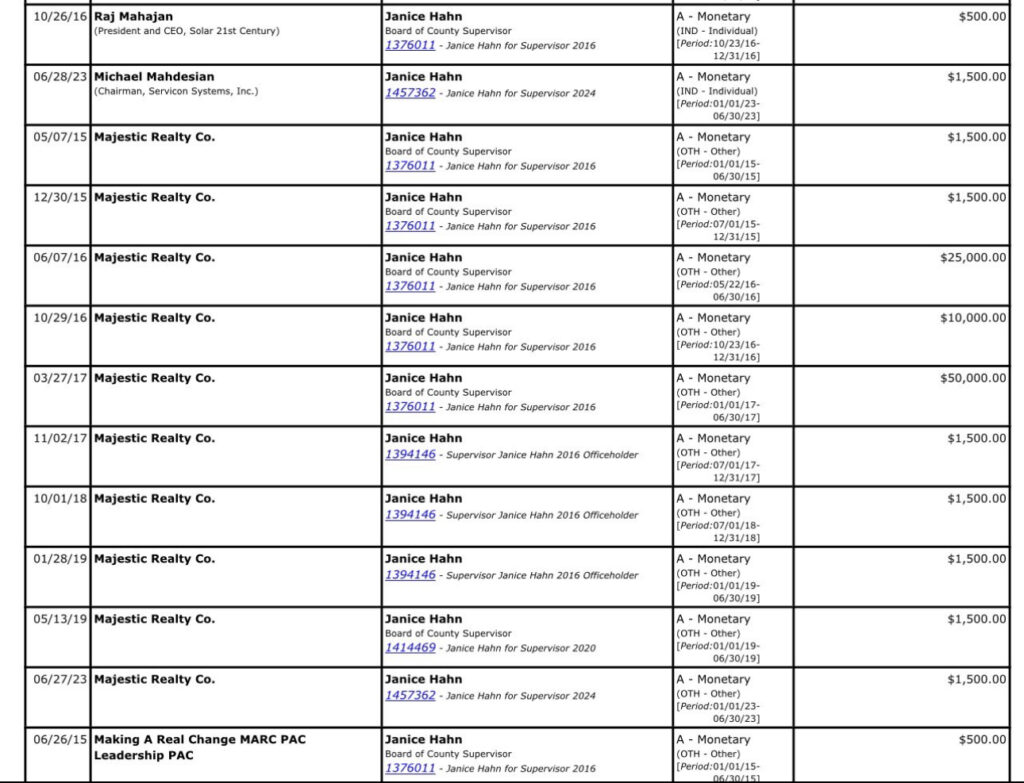
The pattern is unmistakable: Majestic’s money paves roads long before the bulldozers ever arrive. And in L.A. County, it buys more than votes—it buys protection. To understand how deep this machine runs, follow the trail straight back to 2010, when Majestic cut a $2,000 check to then–Assessor candidate John Noguez. Two years later, the FBI raided Noguez’s office, exposing a bribery ring that traded lower property valuations for campaign cash. It was one of the biggest pay-to-play scandals in county history, implicating developers, appraisers, and political fixers. The numbers were staggering: over $185,000 in bribes tied to undervalued commercial properties, luxury estates, and development parcels. The scheme cost taxpayers millions while padding profits for the same insiders writing campaign checks.
Ramin Salari, the tax consultant who acted as the middleman, later flipped—pleading out and coughing up $9 million in penalties after admitting to orchestrating the kickbacks. And while Noguez’s trial drags on years later, his template for corruption still powers the system. The role of the Assessor’s office is pivotal: it determines tax baselines for massive projects like Tejon Ranch. A friendly valuation on 270,000 acres of undeveloped land can save millions, money that circles back through PACs and political contributions to keep the cycle spinning. Jeff Prang, who replaced Noguez in 2014, also took $2,000 from Majestic during his campaign. Call it coincidence if you want. In Los Angeles County, coincidence is just another word for continuity.
Then there’s Hilda Solis. When Mark Ridley-Thomas was convicted in 2024 for funneling contracts to USC in exchange for his son’s tuition, Solis made a show of demanding “audits” and “accountability.” But when the time came to deliver, her audit motion vanished like smoke. My resurfaced 2022 audio leak of a City Council side conversation exposed whispers of her personal and political ties to Ridley-Thomas, ties that never made it into the public narrative. “You know he used to f*** with Hilda a lot,” one insider joked on tape. That’s not gossip, it’s motive. The same developers funding Ridley-Thomas and Solis overlap with Majestic’s donor network. The 2024 audit that could have unmasked it? Conveniently buried. The county’s watchdogs were once again muzzled before they could bite.
Kuehl, meanwhile, built her “progressive reformer” reputation on moral theater while running her own crony operation. Her public no-vote on Tejon was a safe dissent, symbolic cover while she quietly funneled millions in no-bid contracts to friends like Patti Giggans, whose nonprofit Peace Over Violence pocketed over a million taxpayer dollars under the guise of “reform.” It’s the same scandal that erupted in 2021, when reporter Bill Melugin exposed the $8,000-a-call “Metro hotline” racket Giggans ran under contract. Attorney General Rob Bonta buried it, and Sheriff Luna dissolved the corruption unit that was investigating it. Kuehl’s “no” on Tejon wasn’t integrity it was insulation. She didn’t need Majestic’s cash; she already had her own shadow funding pipeline.
Every angle of this story points to one conclusion: the developer-government nexus in Los Angeles County is too entrenched to fix from the inside. Hahn’s donors overlap with Solis’s, whose benefactors once paid Noguez, who rigged the valuations for the same class of developers funding Tejon. The cycle never breaks,it just changes names and project codes. Each new “sustainable” mega-development is a Trojan horse for the same grift: land converted to concrete, fire zones rezoned for profit, taxpayer-funded infrastructure subsidizing billionaire developers.
The 2025 “ethics reforms” the Board bragged about this summer were pure theater—minor tweaks to disclosure laws that do nothing to stop pay-to-play politics. Until campaign donation limits are tightened, until the Assessor’s office is independently audited, and until no-bid contracting is outlawed, nothing changes. The public will keep paying for their deals—through taxes, fire losses, and roads that buckle under traffic from the same projects they approved in exchange for checks.
Majestic Realty’s $152,000 in donations isn’t philanthropy. It’s the cost of doing business in a county that long ago traded democracy for development. Every dime bought silence, access, and immunity. And every official who took it helped build the County’s corruption economy brick by brick.
This is where it ends, or at least where the reckoning begins. Tag the feds: @USAttyEssayli, @FBILosAngeles. Flood the FPPC with complaints. Support candidates like Tonia Arey in 2026 who are ready to torch this political Ponzi scheme instead of cashing in on it. Because the evidence is no longer buried, it’s sitting in plain sight. The filings, the audio, the invoices, the contracts, they all tell the same story: Los Angeles County isn’t broken. It’s functioning exactly as designed. And that design has been bought and paid for by developers who treat public office like a vending machine. The question now isn’t whether corruption exists. It’s how much longer we’re willing to let them pave over what’s left of the truth.

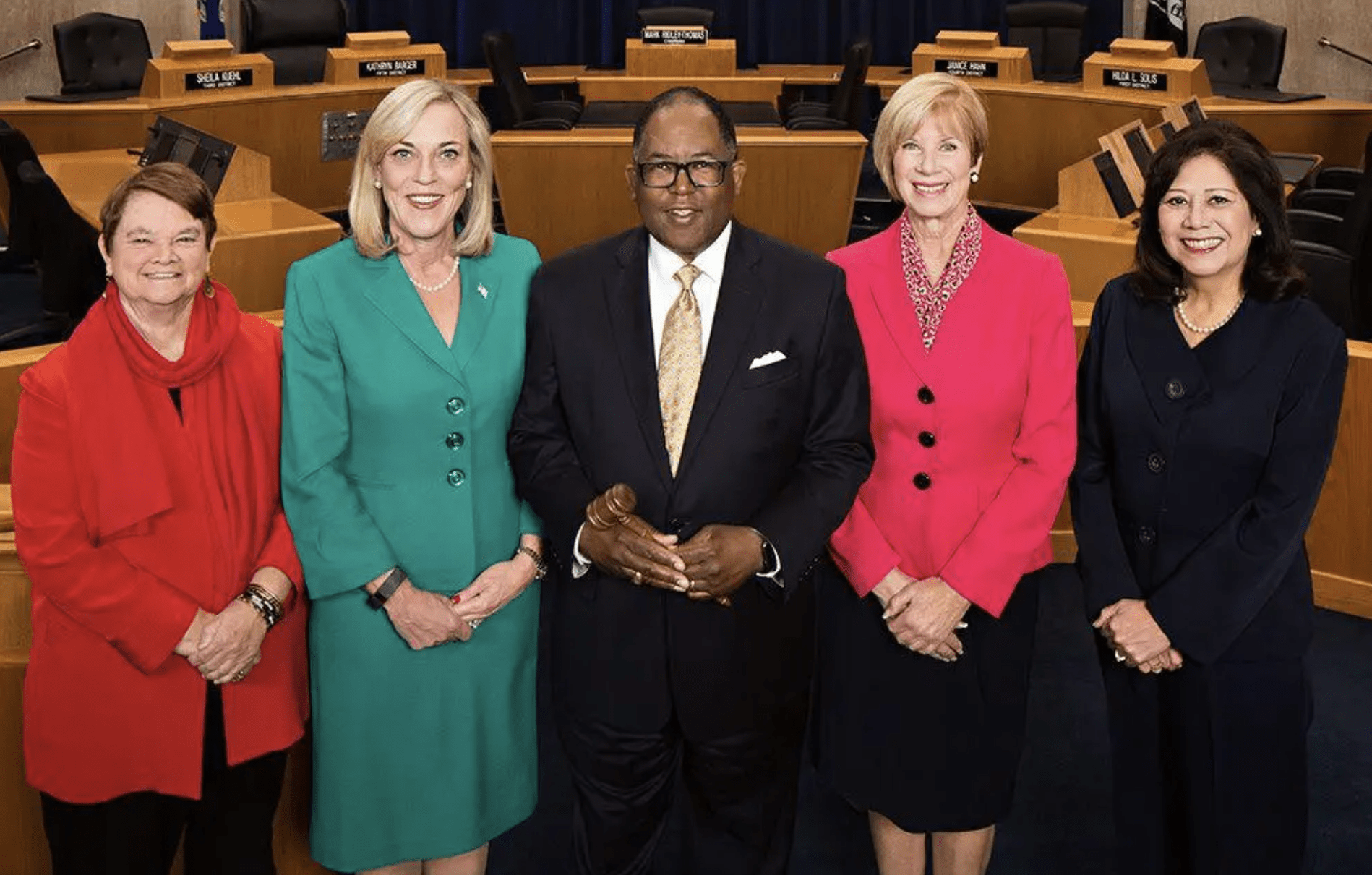
Follow Us